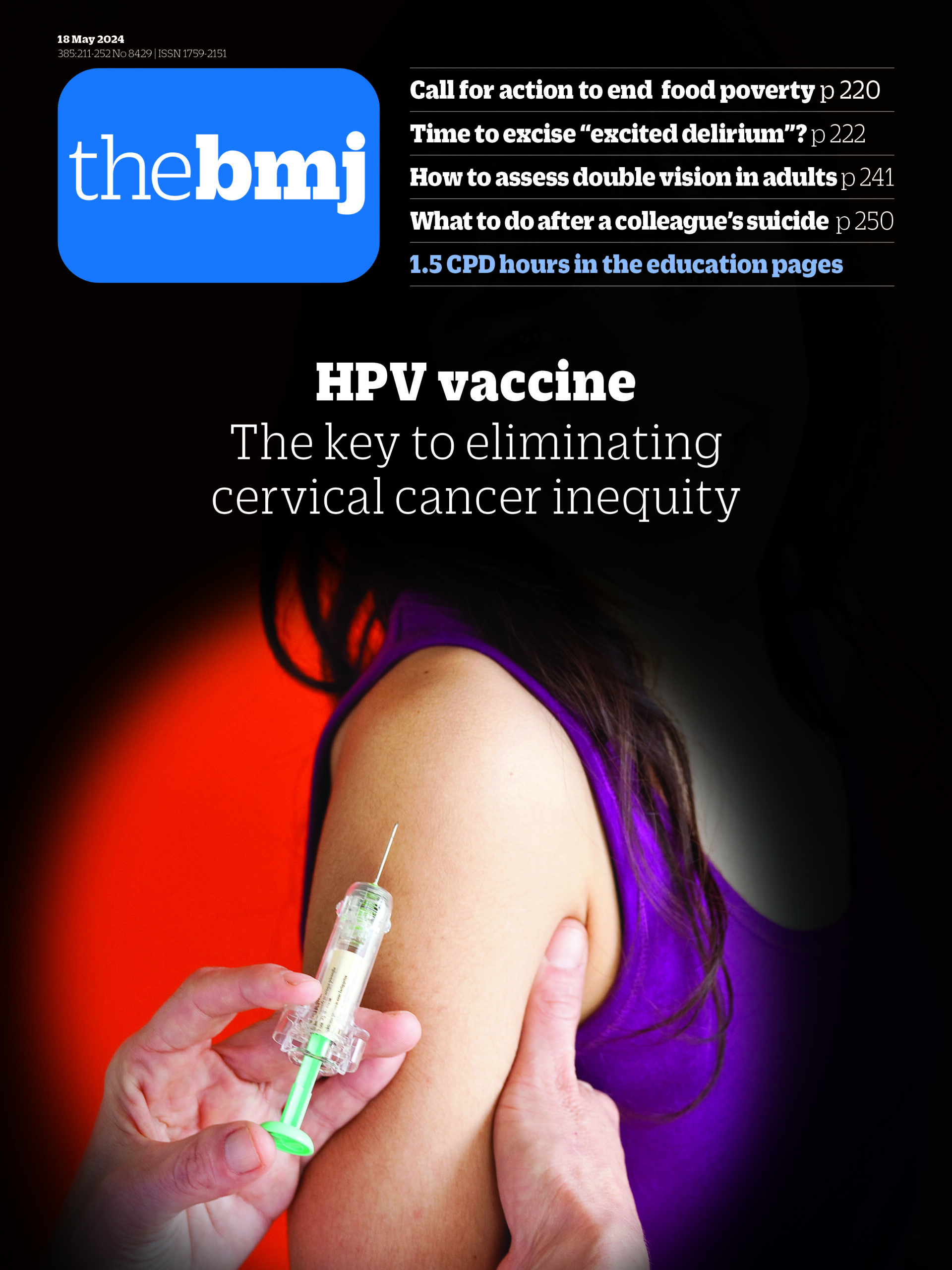TOPLINE:
Clip-assisted anchoring lowers the migration rate of fully covered self-expandable metal stents (FCSEMS) in patients with biliary strictures undergoing endoscopic retrograde cholangiopancreatography (ERCP), with no increase in procedure-related adverse events.
METHODOLOGY:
- FCSEMS are widely used in patients with malignant biliary strictures; however, a significant drawback is the occurrence of proximal or distal migration, with rates ranging between 27% and 41%.
- Researchers conducted a multicenter, randomized trial that included 180 patients (ages, 18-80 years) who underwent FCSEMS placement during ERCP to evaluate whether anchoring of the stent’s distal end to the duodenal mucosa using a metal clip reduces migration.
- Patients were randomly assigned in a 1:1 ratio to the control group or the clip group, where the distal retrieval loop or the terminal end of the FCSEMS was secured using a clip.
- The primary outcome was the rate of stent migration, defined as the radiologic or endoscopic evidence of distal or proximal migration, at 6 months.
- The secondary outcomes were the rates of distal and proximal migration, cholangitis after the placement of FCSEMS, and adverse events related to the insertion or removal of stents.
TAKEAWAY:
- The rate of stent migration at 6 months was lower in the clip group than in the control group (16.7% vs 30%; P = .03).
- The rates of proximal migration and distal migration did not differ significantly between the clip and the control groups.
- Notably, none of the eight patients who underwent FCSEMS placement using two or more metal clips showed stent migration.
- Reintervention was required for three patients in the clip group and five patients in the control group due to cholangitis. There were no statistically significant differences in procedure-related adverse events between the two groups.
IN PRACTICE:
“Findings indicate that the application of a metal clip to anchor an FCSEMS is a simple, secure, and efficient approach for preventing stent migration, without concomitant elevation of adverse event risks,” the authors wrote.
SOURCE:
The study, led by Xu Wang, MD; Xin Shi, MD; and Hui Luo, MD, from the Xijing Hospital of Digestive Diseases, Fourth Military Medical University, Xi’an, China, was published online in The American Journal of Gastroenterology.
LIMITATIONS:
The endoscopists could not be blinded to the assigned treatment as the interventions were different in the two groups. The occurrence of stent migration was lower than predicted during the calculation of sample size, thereby limiting the statistical power. The use of clips added complexity to the FCSEMS removal, although it did not heighten associated risks.
DISCLOSURES:
The study was supported by the National Natural Science Foundation of China. The authors declared no conflicts of interest.










